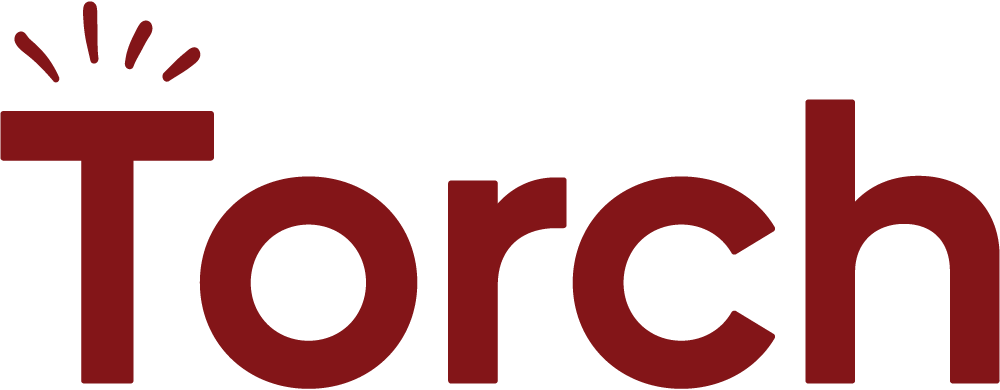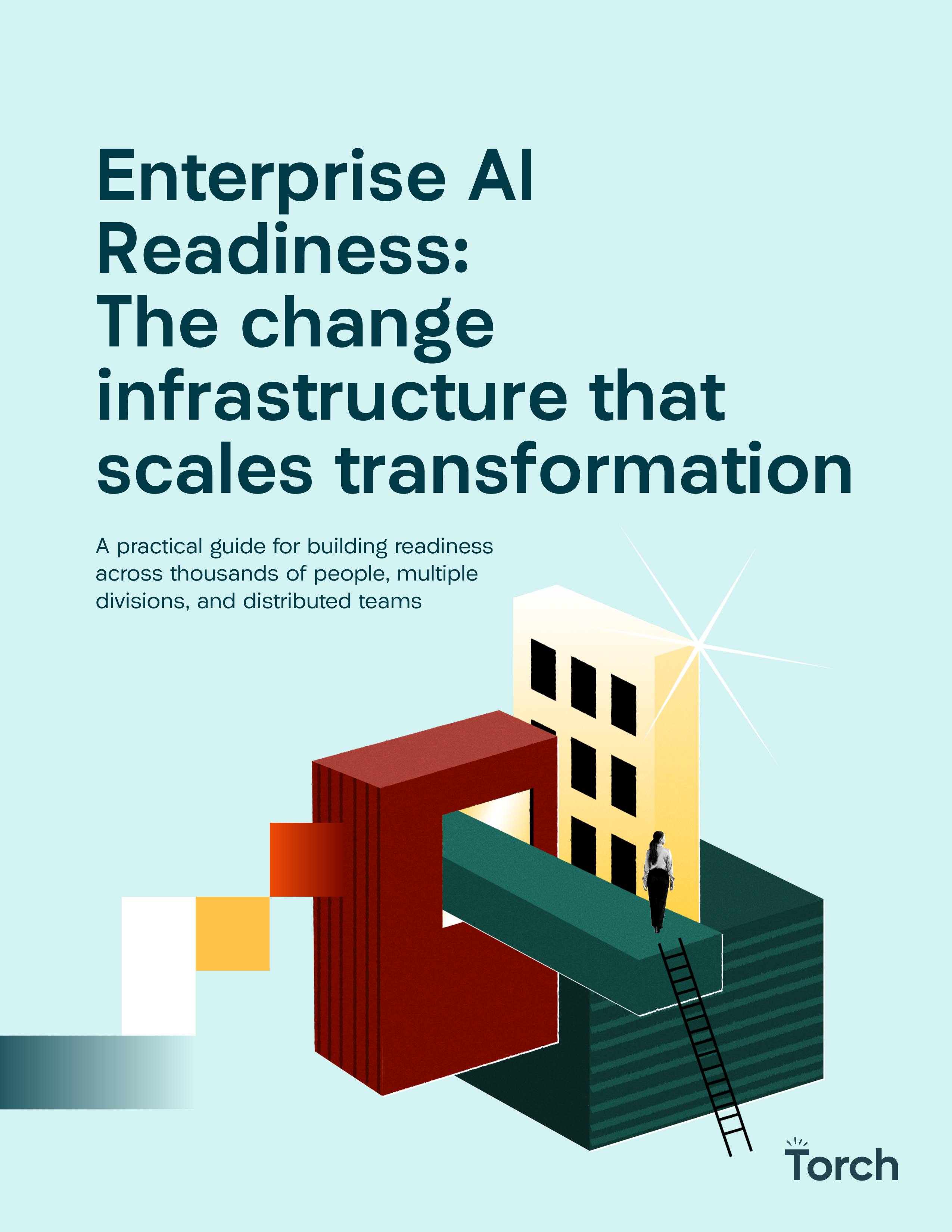What does it take to create a leadership development strategy that actually works?
As people leaders, you know your organization’s success depends on your people—and their ability to innovate, adapt, and grow. So, how do you equip them to meet the challenges ahead?
In 2025, the focus will be on supporting your people in ways that are not only impactful but also sustainable. We spoke to key leaders at Torch to get their take on the trends that will shape leadership development in the coming year.
1. Future-Proofing Leadership with Succession Planning
By 2030, 55% of Baby Boomers are predicted to leave the workforce, creating a wave of leadership exits.
Succession planning can no longer just be about filling gaps when someone exits—it’s about preparing your next generation of leaders to step up with confidence. By identifying future leaders and equipping them with the right development, you can build a resilient leadership pipeline. This approach doesn’t just protect your organization from unexpected exits; it helps create a diverse and dynamic leadership bench for long-term success.
2. Expanding Leadership Capacities
The workplace is changing fast, and traditional skill-building alone isn’t enough to keep up. In fact, nearly half of executives (49%) say the skills their teams rely on today won’t be relevant in two years.
To prepare leaders for what’s next, development has to go deeper. Beyond short-term skills, leaders need to build core capacities like emotional intelligence, adaptability, and critical thinking—qualities that grow with them and help them tackle new challenges head-on.
Effective leadership development, then, gives leaders the tools, feedback, and support they need to expand their capacity to lead and adapt no matter how fast the world around them changes.
Ready to transform how leaders grow?
3. Providing Development in Context
According to McKinsey, leadership programs often fall short because they don’t take into account a leader’s unique strengths and growth areas, or the specific goals, culture, and expectations of their organization. Generic training simply doesn’t stick.
In 2025, organizations will need to focus on delivering development that’s personalized and relevant to the challenges leaders face in their unique environments. Contextual learning isn’t just nice to have—they’re what drive real impact where it matters most.
4. Focused L&D Programs for Broader Impact
Generic L&D programs might offer universal access, but they often fall short of driving the engagement and meaningful change they’re designed to create.
Real transformation happens when organizations focus on targeted development for key populations. In the case of coaching, it’s how organizations can start to see the benefits of coaching ripple beyond the individual participant and into the broader organization. The ripple is key to achieving larger priorities and ROI.
5. Prioritizing Manager Support
When you think about the linchpins who make things happen inside your organization–whether it’s performance management, building culture, or managing projects—managers are at the center. But they’re often overwhelmed and undersupported.
The best way to help them grow? Personalized development that happens in the flow of work. Strategies to deliver personalized support to managers—like coaching—will be prioritized.
Wrapping Up
As the workplace continues to evolve, the way we develop leaders must evolve with it. These trends highlight the importance of going beyond quick fixes to create meaningful, lasting growth.
Curious about how coaching can support your organization?
Whether you’re focused on developing managers, exploring executive coaching, or help your organization navigate change, Torch is here to partner with you.









